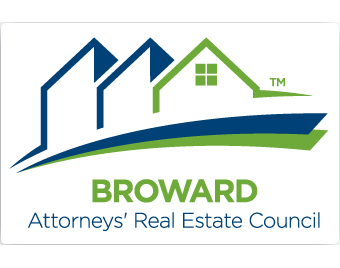Probate is complicated. You may have even heard some horror stories from people who ran into serious complications during the probate process. At The Law Offices of Odelia Goldberg, we are a solutions-focused law firm with extensive experience handling probate law matters. We work with executors and heirs. Below, our Fort Lauderdale probate administration lawyer provides a comprehensive guide to probate for executors and heirs in Florida.
Probate: Defined
The Florida Courts describe probate as “a court-supervised process for identifying and gathering the assets of a deceased person (decedent), paying the decedent’s debts, and distributing the decedent’s assets to his or her beneficiaries.” In other words, it is the way that a person’s will (or lack thereof) is confirmed and their estate is finalized.
If a person dies with a will in Florida, then the executor named in that document is generally responsible for opening the probate process and ensuring that the deceased’s wishes are followed. If a person passes away without a will in Florida, then they are deemed intestate. A personal representative may be appointed in probate. Property will be distributed based on state law.
Note: Florida has a specialized, streamlined process for smaller estates. An estate worth less than $75,000 may be resolved through Summary Administration instead of traditional probate (Florida Statutes § 735.201). Summary Administration is a faster and more simple process.
Know Your Role During Probate in Florida
What is your role during the probate process in Florida? The answer depends, in part, on your relationship with the deceased and the estate. Here is an overview of the roles:
Note: The executor and the heir are not always distinct parties. It is not uncommon for a person to appoint one of their heirs as the executor of their estate. For example, a spouse may be appointed an executor of an estate while also being the primary heir.
An Overview of the Steps of the Probate Process in Florida
What do the actual steps of the probate process look like in Florida? The answer will vary, in part, based on the specific case. That being said, there is a general process that probate follows in Broward County and elsewhere in South Florida. Here are some notable steps in the process:
The Bottom Line: The probate process should end with the heirs getting their full and fair share of assets that are called for by the will or other estate planning documents.
Speak to a Probate Lawyer in Broward County
At The Law Offices of Odelia Goldberg, our Fort Lauderdale probate attorney has the professional expertise you can trust. Our firm works with both executors and heirs and probate cases. If you have any specific questions or concerns about the probate process, we are here to help. Contact us today to set up your completely confidential initial appointment. From our office in Fort Lauderdale, we provide probate law representation in Broward County and throughout South Florida.







The information on this website is for general information purposes only. Nothing on this site should be taken as legal advice for any individual case or situation.
This information is not intended to create, and receipt or viewing does not constitute, an attorney-client relationship.
© 2025 The Law Offices of Odelia Goldberg. All Rights Reserved. Privacy Policy. Web Development by IWD Marketing